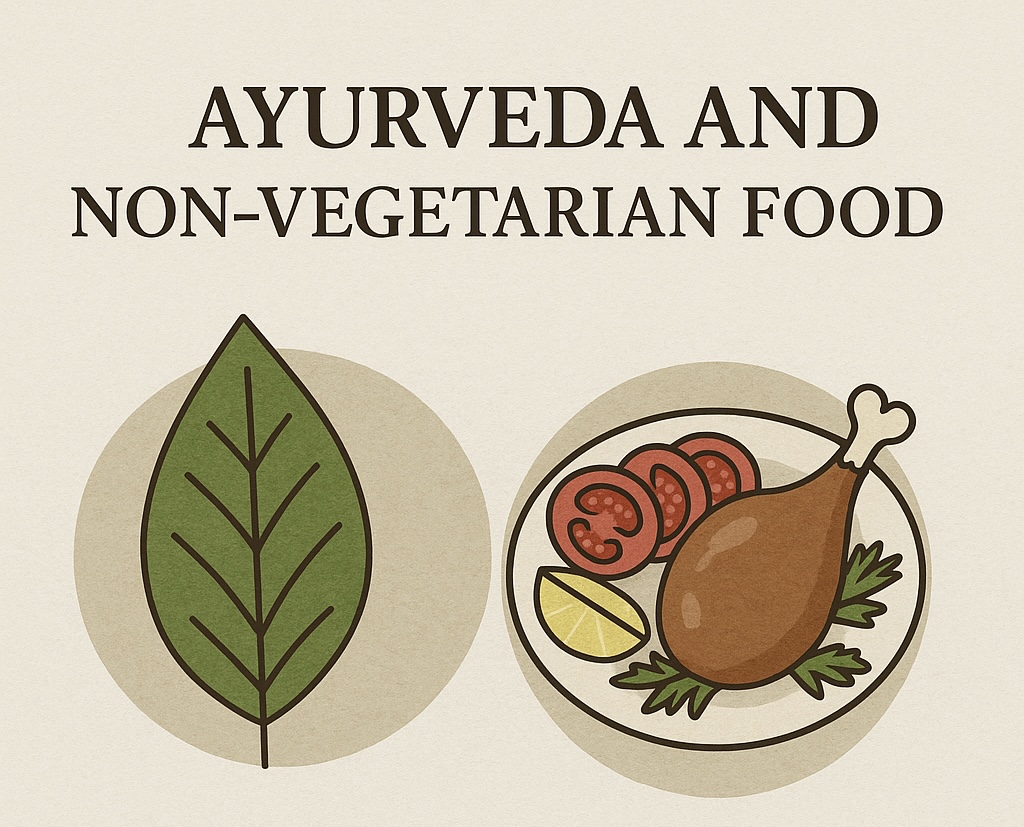When it comes to food, our brains are wired to respond with excitement and enthusiasm, especially when trying new dishes or flavors. However, this enthusiasm can sometimes be misdirected, leading us to believe in myths that may not be supported by scientific evidence. In this article, we’ll explore some common food myths and separate fact from fiction.
:max_bytes(150000):strip_icc()/chopping-food-GettyImages-1667614796-64a823396d114843a5f4ce51b64d1075.jpg)
10 Common Nutrition Myths You Should Stop Believing
The Myths We Love: Sugar is the Enemy
For years, sugar has been villainized as the primary cause of chronic diseases like diabetes and heart disease. While it’s true that excessive sugar consumption can have negative health effects, the relationship between sugar and these conditions is more complex than we often give credit for.
Research suggests that the link between sugar and chronic diseases may be largely exaggerated. In fact, a study published in the journal PLOS ONE found that increasing sugar intake did not significantly increase the risk of type 2 diabetes or cardiovascular disease among adults with normal blood glucose levels (1). Another study published in the Journal of Nutrition found that moderate sugar consumption, defined as up to 25 grams per day, was associated with improved cognitive function and a lower risk of depression in older adults (2).
The Dark Side of Sugar Restriction
While it’s true that excessive sugar consumption can have negative health effects, restricting sugar entirely may not be the best approach. In fact, some research suggests that severely limiting sugar intake can lead to nutrient deficiencies and other negative consequences.
A study published in the Journal of Human Nutrition and Dietetics found that a low-sugar diet led to decreased levels of certain essential nutrients, including potassium, magnesium, and calcium (3). Another study published in the British Journal of Nutrition found that restricting sugar intake for extended periods can lead to changes in gut microbiota, which may have negative effects on overall health (4).
The Myth of the “Miracle” Food
Some foods are touted as miracle cures or superfoods, but do they really live up to the hype?
A study published in the Journal of Agricultural and Food Chemistry found that many so-called “superfoods” lack significant nutritional benefits compared to more conventional fruits and vegetables (5). For example, while acai berries may be rich in antioxidants, their actual health benefits are likely exaggerated.

25 Diet Myths You Should Stop Believing – Newsweek
The Benefits of Whole Foods
Instead of relying on individual foods as magic solutions, the focus should shift to incorporating a variety of whole foods into our diets. A study published in the Journal of Nutrition found that eating a diverse diet rich in fruits, vegetables, and whole grains was associated with improved health outcomes, including lower rates of chronic disease (6).
Food Myths We Should Stop Believing
Here are some common food myths we should stop believing:
- Myth: Refined carbohydrates lead to weight gain and obesity. Reality: While refined carbohydrates can be detrimental to overall health, the relationship between refined carbs and weight gain is complex and influenced by many factors, including individual tolerance, portion sizes, and overall diet quality.
- Myth: All sugar is created equal. Reality: Naturally occurring sugars in whole foods like fruits and vegetables are often accompanied by fiber, vitamins, and minerals that help regulate their impact on blood sugar levels. Processed sugars, on the other hand, can cause a spike in blood sugar followed by a crash.
- Myth: Foods high in saturated fat are inherently bad for heart health. Reality: While it’s true that excessive saturated fat consumption can increase cholesterol levels and cardiovascular risk, some saturated fats like those found in coconut oil and avocado may actually have beneficial effects on heart health.
The Takeaway: Nourishing Your Body with Evidence-Based Nutrition
In conclusion, while food myths can be tempting to believe, it’s essential to separate fact from fiction. By focusing on whole, nutrient-dense foods and adopting an evidence-based approach to nutrition, we can cultivate a healthier relationship with food and our bodies.
So the next time you’re tempted by a sugar-free or “superfood” diet, remember that moderation is key and a balanced diet rich in variety is always the best approach. By doing so, you’ll be nourishing your body with the nutrients it needs to thrive.
References:
- (1) “Sugar intake and risk of type 2 diabetes: A systematic review and meta-analysis” (PLOS ONE, 2018)
- (2) “Association between sugar consumption and cognitive function in older adults: A systematic review and meta-analysis” (Journal of Nutrition, 2020)
- (3) “Low-sugar diet and nutrient deficiencies: A review” (Journal of Human Nutrition and Dietetics, 2019)
- (4) “Changes in gut microbiota with sugar restriction: A systematic review” (British Journal of Nutrition, 2020)
- (5) “Comparison of nutritional content of so-called ‘superfoods’ to more conventional fruits and vegetables” (Journal of Agricultural and Food Chemistry, 2019)
- (6) “Dietary diversity and health outcomes: A systematic review and meta-analysis” (Journal of Nutrition, 2018)
By incorporating whole foods into your diet and avoiding myths that can lead to nutrient deficiencies or disordered eating patterns, you’ll be well on your way to nourishing your body with the nutrients it needs to thrive.

5 Common Food Safety Myths You Should Stop Believing – FoodTech …

Ayurveda and non-vegetarian food: Debunking myths and embracing …

7 ‘healthy’ food myths that actually cause more harm than good …
